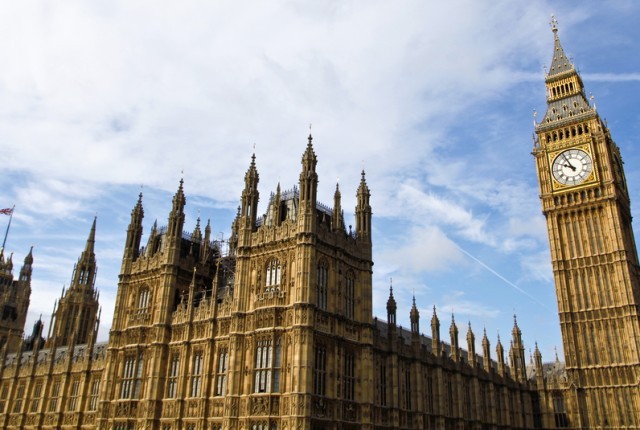

Why is inflation so high?..
Why does the UK inflation rate remain so high?
High inflation has been caused by a series of big shocks to our economy.
The initial shock was caused by the Covid pandemic. As people found themselves confined to their homes, their purchasing patterns shifted toward buying goods over services. This shift, however, led to supply bottlenecks, creating difficulties for sellers in meeting customer demand. Consequently, prices escalated, particularly for imported goods from aboard.
The second shock was Russia’s invasion of Ukraine, which led to large increases in the price of gas. It also pushed up the price of food. Poor harvests in other countries made the situation worse. Food prices in June were 17% higher than a year ago.
The third shock was a big fall in the number of people available to work. This is also linked to the Covid pandemic. It’s meant that employers have had to offer higher wages to attract job applicants. Many businesses have had to increase their prices to cover those costs. That includes firms in the services sector, where wages are the largest part of business costs.
Is inflation expected to fall further?
Inflation has started to fall. It was over 11% in October last year and it was just under 8% in June this year.
Inflation is expected to fall further to around 5% by the end of this year. Although the prices of some food products are likely to rise faster than this.
An important reason why inflation is going to keep falling this year is because energy bills should come down more as gas prices have fallen a lot recently.
Higher interest rates will also help to bring inflation down further. That’s because they will hopefully reduce the amount of overall spending in the economy.
Expect inflation to keep on falling in 2024 and reach the 2% target by early 2025. That means prices would still be rising, but they would be only rising gradually.
How does raising interest rates lower inflation?
Higher interest rates work by making it more expensive for people to borrow money to buy things.
Higher interest rates also encourage people who can save to save rather than spend. Together, these things mean there will be less spending in the economy overall.
When people spend less on goods and services overall, the prices of those things tend to rise more slowly. Slower price rises mean a lower rate of inflation.
If you need any more information, email [email protected], call 0115 958 6872 or fill in an enquiry form below.
Have Any Questions?
Qualified Team Available
Related Articles

The Bank of England has announced that base rates have been cut to 3.75%.

The Autumn Budget 2025 has been announced. Here are the key points.

MAF Finance Group has been awarded Asset Finance Broker of the Year in the Leasing Foundation's Going Further Awards 2025.
